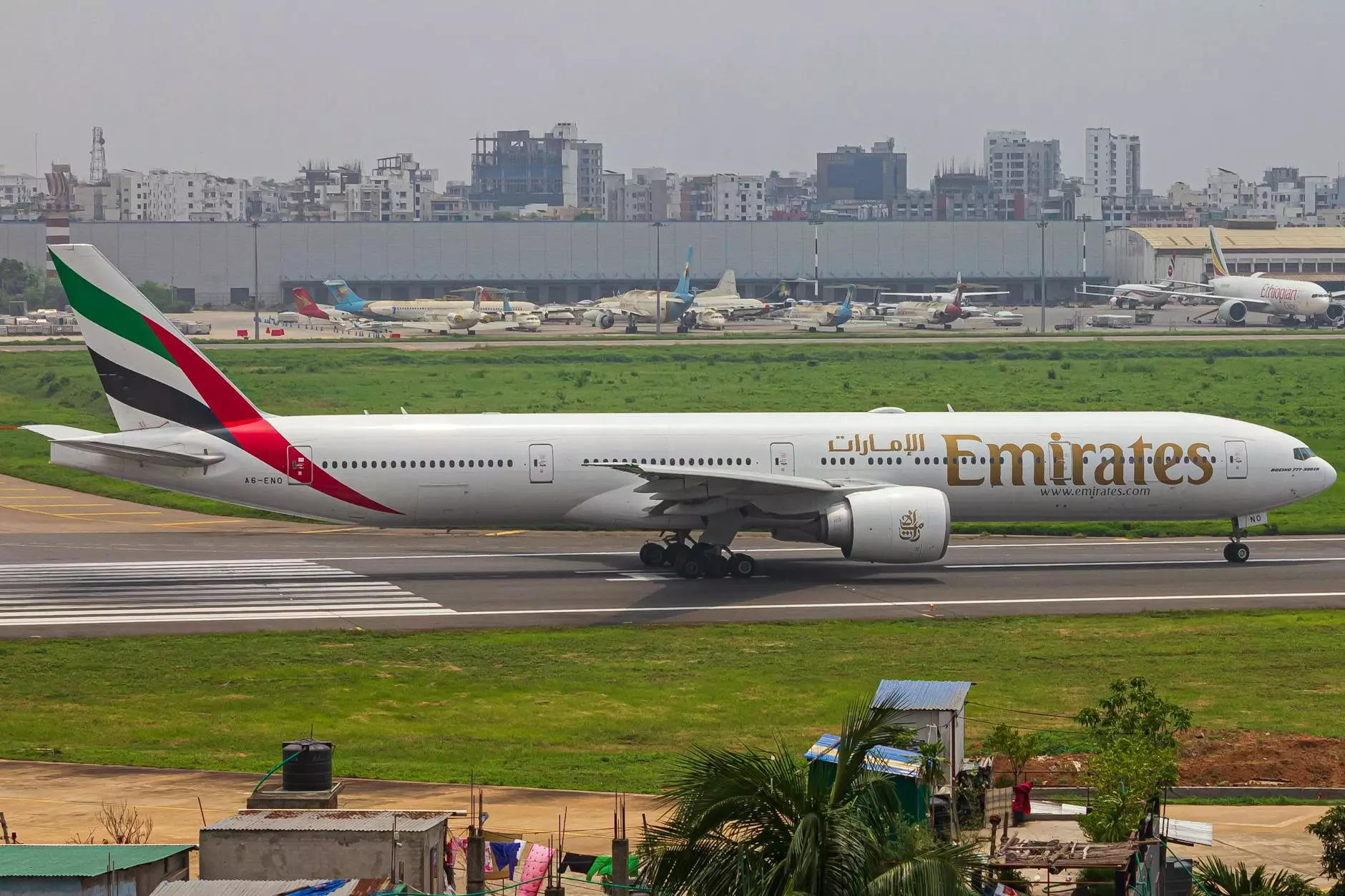Understanding Air Freight Prices per KG: A Comprehensive Guide

In today’s fast-paced global market, air freight plays a pivotal role in facilitating international trade and commerce. The air freight price per kg is a critical factor that businesses must understand to manage transportation costs effectively. This article delves into the intricacies of air freight pricing, its influencing factors, and how companies can optimize their shipping costs.
What is Air Freight?
Air freight refers to the shipment of goods via an air carrier. It is characterized by its speed and efficiency, making it ideal for transporting perishable items, electronics, and high-value cargo. With the rise of e-commerce and global supply chains, air freight has become increasingly essential for businesses looking to remain competitive.
Understanding Air Freight Pricing
The air freight price per kg varies significantly based on several factors. Understanding these factors is crucial for businesses aiming to keep logistics costs manageable while ensuring timely delivery of goods.
Key Factors Influencing Air Freight Prices
- Weight and Volume: Air freight pricing is primarily determined by either the actual weight or the volumetric weight of the cargo, whichever is greater. The volumetric weight is calculated using the formula: Length (cm) x Width (cm) x Height (cm) / 5000.
- Distance: The distance between the origin and destination plays a crucial role in the overall cost. Longer distances typically incur higher charges.
- Type of Cargo: Certain types of cargo, such as hazardous materials or oversized freight, may incur additional fees. Understanding the classification of your goods can help in estimating costs.
- Seasonality: Air freight prices fluctuate with demand. Peak seasons such as the holidays can lead to increased prices. Planning shipments during off-peak times can lead to cost savings.
- Service Level: Different service levels, including express and standard shipping options, also affect pricing. Businesses should evaluate their urgency requirements against their cost constraints.
Calculating Air Freight Prices
To calculate the air freight price per kg, you'll want to follow a systematic approach:
- Determine the Weight: Weigh your cargo accurately.
- Calculate Volumetric Weight: Use the volumetric weight formula mentioned earlier to see which weight is higher.
- Find the Rate: Air freight rates are typically quoted per kg. This can vary by carrier, route, and the factors discussed.
- Consider Additional Charges: Be aware of any added services such as fuel surcharges, security fees, or customs duties.
Comparing Air Freight Rates
When seeking the best air freight price per kg, it is advisable to compare rates from several carriers. Here are some steps to ensure you get the best deal:
- Utilize Freight Forwarders: Freight forwarders have established relationships with airlines and can often secure better rates through negotiations.
- Use Online Platforms: Websites like Cargobooking.aero allow you to compare rates across multiple carriers for your specific shipment needs.
- Request Multiple Quotes: Don’t settle for the first quote; request multiple price estimates to gauge the market.
- Negotiate: If you consistently ship with a carrier, leverage your loyalty for potential discounts.
Leveraging Technology in Air Freight
Technology plays a vital role in optimizing air freight processes. Several digital tools can help businesses manage and reduce the air freight price per kg:
- Automated Booking Systems: These platforms allow for quick and efficient booking and management of shipments.
- Real-Time Tracking: Knowing the status of your shipments can help in making quick decisions leading to cost efficiencies.
- Data Analytics: Leveraging data analytics can provide insights into shipping trends and help predict costs effectively.
- Cloud-Based Solutions: These provide flexibility and scalability, allowing businesses to manage their logistics operations seamlessly.
The Future of Air Freight Pricing
As the world becomes increasingly interconnected, the dynamics of air freight pricing will continue to evolve. Key trends to watch for include:
- Green Initiatives: With growing emphasis on sustainability, airlines are exploring eco-friendly practices that may affect pricing structures.
- Technological Advancements: Innovations such as artificial intelligence may further streamline operations and impact costs.
- Market Fluctuations: Economic shifts and global events will continue to play a critical role in shaping the air freight landscape.
Tips for Reducing Air Freight Costs
To maximize profitability while minimizing costs, companies can adopt the following strategies:
- Consolidate Shipments: Combining multiple shipments can reduce the total weight and costs incurred.
- Choose the Right Carrier: Research and select carriers that offer competitive rates and reliable services.
- Optimize Packaging: Efficient packaging reduces weight and volume, contributing to lower shipping costs.
- Schedule Wisely: Plan shipments during off-peak seasons to take advantage of lower rates.
Conclusion
Understanding the air freight price per kg is essential for businesses looking to optimize their shipping operations. By being informed about the factors that influence pricing and leveraging technology and strategic planning, companies can effectively manage their logistics costs. As the air freight industry continues to evolve, staying updated on trends and adopting best practices will be crucial for long-term success.
For more information and competitive air freight rates, consider visiting Cargobooking.aero. Our platform provides comprehensive solutions tailored to your shipping needs, ensuring you get the best value for your air freight costs.









